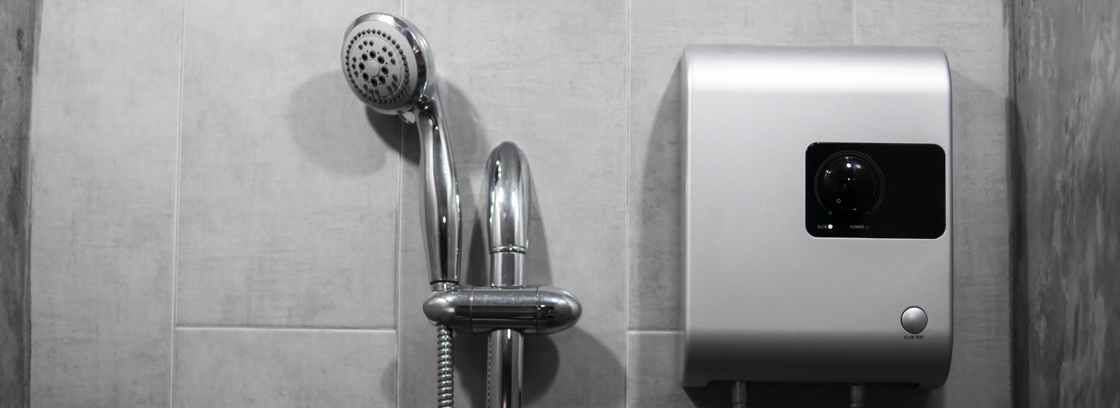Considering Tankless? 10 Key Facts About Tankless Water Heater Installation
Your hot water heater is just like any other home appliance; it has a limited lifespan due to its constant use. The primary type of water heater system today is a tanked system, with a large water heater tank providing hot water throughout the home. However, a tankless system is a newer innovation and offers homeowners a convenient and efficient option during replacement, renovation, or new construction.
Here are 10 Things Homeowners Should Know About Tankless Water Heater Installation
- Tanked and tankless water heaters were invented at about the same time, in the late 1800s. However, tankless technology was harder to perfect than tanked technology, so tanked systems are much more common than tankless systems.
- A tanked water heater system heats 40 to 50 gallons of water at once and maintains the desired temperature 24/7 to provide hot water as needed. This requires a certain amount of wait while hot water navigates through the plumbing system to the required location. A tankless system has multiple components that heat water directly at the required location, so there is no delay in the delivery of hot water.
- A tanked system has a limited supply of hot water available—about 40 to 50 gallons in most homes. While fresh hot water is being heated during extended periods of use, running out of hot water happens with tanked systems. By contrast, each tankless water heater can produce 2 to 5 gallons per minute, providing an endless supply of hot water.
- A tanked water heater requires dedicated space, usually a small closet or space in the garage. Gas-powered tanks require a little more room and adequate space for ventilation. Tankless water heaters are small, about the size of a small suitcase. They are often installed under sinks or on the wall in laundry rooms.
- Both tanked and tankless systems are available, powered by electricity and natural gas. Natural gas is the most efficient power for heating water for both types of systems.
- However, while most homes have electricity and water available in kitchens, bathrooms, and laundry areas, most homes do not have natural gas plumbed to all these locations. If a homeowner considers installation of a tankless system in an existing home, the cost of replumbing natural gas may be cost-prohibitive. In this case, electric-powered tankless systems would be preferable.
- The flow capacity of a tankless system is considered a major benefit. Several showers can be taken while washing dishes and clothes without exhausting the supply of hot water.
- Another considerable benefit is the energy efficiency of a tankless water heating system. More energy is required to heat a large quantity of water and maintain the temperature compared to heating only the amount of water required as it is required.
- Check with your dealer—tankless water heater systems may qualify for energy-efficiency incentives from utility companies or government incentive programs.
- Tankless systems require the installation of multiple pieces of equipment compared to one water heater tank for a tanked system. That makes the equipment and installation cost for a tankless system higher than that of tanked water heater systems.
Upgrade Your Hot Water With a Tankless Water Heater Installation
Choosing a new water heater is a significant decision for any homeowner, and understanding the nuances of tankless water heater installation is key to making the right choice. While the initial investment for a tankless system may be higher due to equipment and installation complexities, the long-term benefits of endless hot water, superior energy efficiency, and space savings often make it a highly worthwhile upgrade.
By considering your home’s specific needs, existing plumbing, and potential energy incentives, you can determine if a tankless water heater installation is the perfect solution to enhance your home’s comfort and efficiency for years to come.
If you have questions about tankless water heater installation, call Doctor Cool & Professor Heat today at 281-338-8751 or email Doctor Cool and let us put our decades of residential plumbing experience to work for you today.

